People aged over 50 are being advised to adopt eight simple habits to enhance their health and stave off serious illness. Researchers found that baby boome.


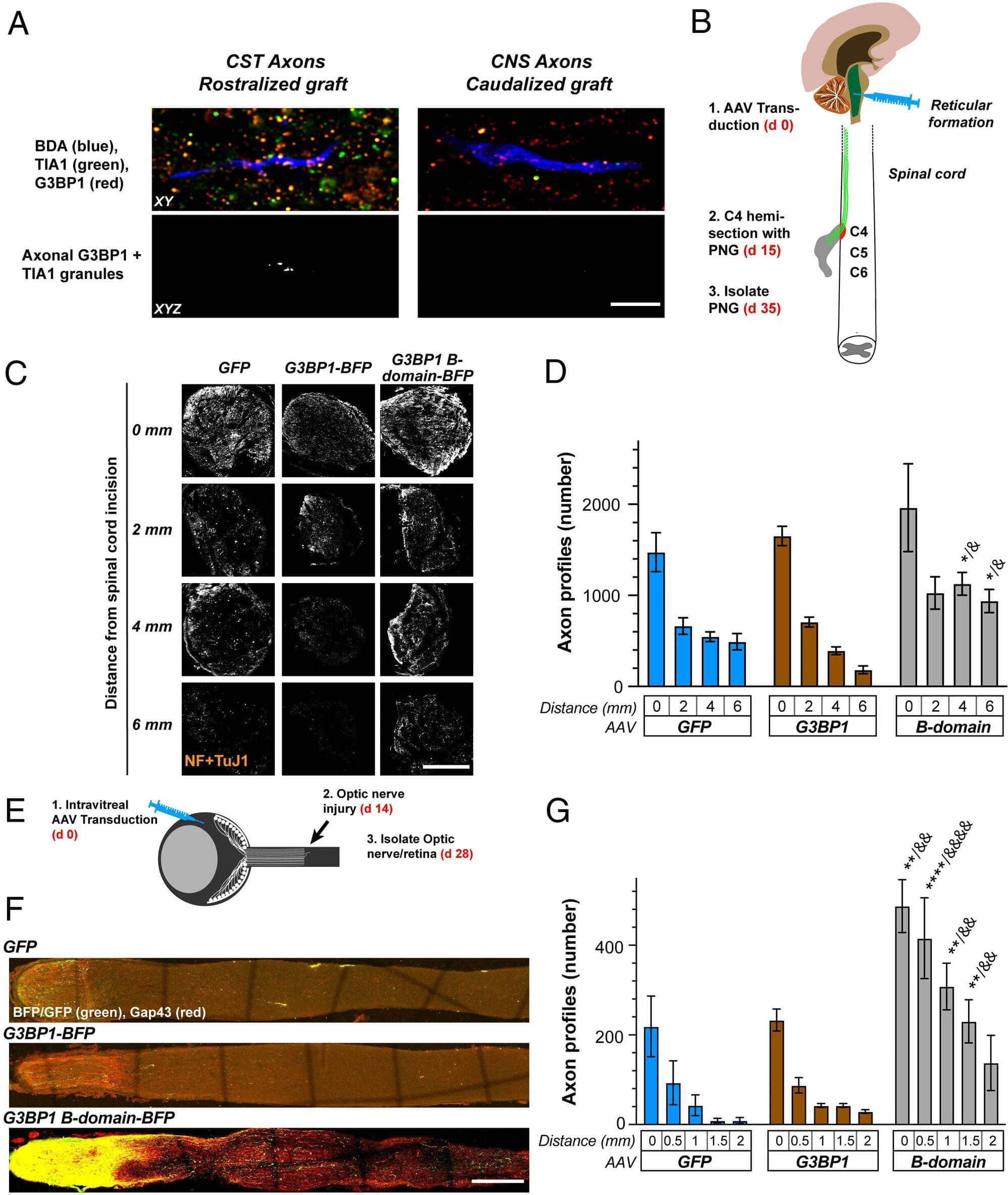
Each year, according to the National Institutes of Health (NIH), millions of people in the U.S. are affected by spinal cord and traumatic brain injuries, along with neuro-developmental and degenerative diseases such as ADHD, autism, cerebral palsy, Alzheimer’s disease, multiple sclerosis, epilepsy and Parkinson’s disease.
Assistant Professor Pabitra Sahoo, of Rutgers University-Newark’s Department of Biological Sciences, has made it his life’s work to understand how our neurological system becomes damaged by these injuries and conditions, and when and how neurons in our central and peripheral nervous systems regenerate and heal.
Recently, Sahoo and his RU-N research team made a breakthrough, using a peptide to help nerve cells in both the peripheral and central nervous systems regenerate. They published their findings in Proceedings of the National Academy of Sciences.

From growth hormones to cancer drugs, small molecules play a crucial role in our health. Monitoring them is essential to keeping us healthy; it enables physicians to calculate dosages and patients to monitor their medical conditions at home, for example.
Monitoring small molecules depends on sensing where they are, and in what concentrations. While scientists have developed sensors to detect some small molecules, these sensors are used primarily in research and drug discovery and can only detect a limited range of molecules with particular qualities.
There is a compelling need for sensors that can detect and signal the presence of diverse small molecules of different shapes, sizes, flexibility and polarity.
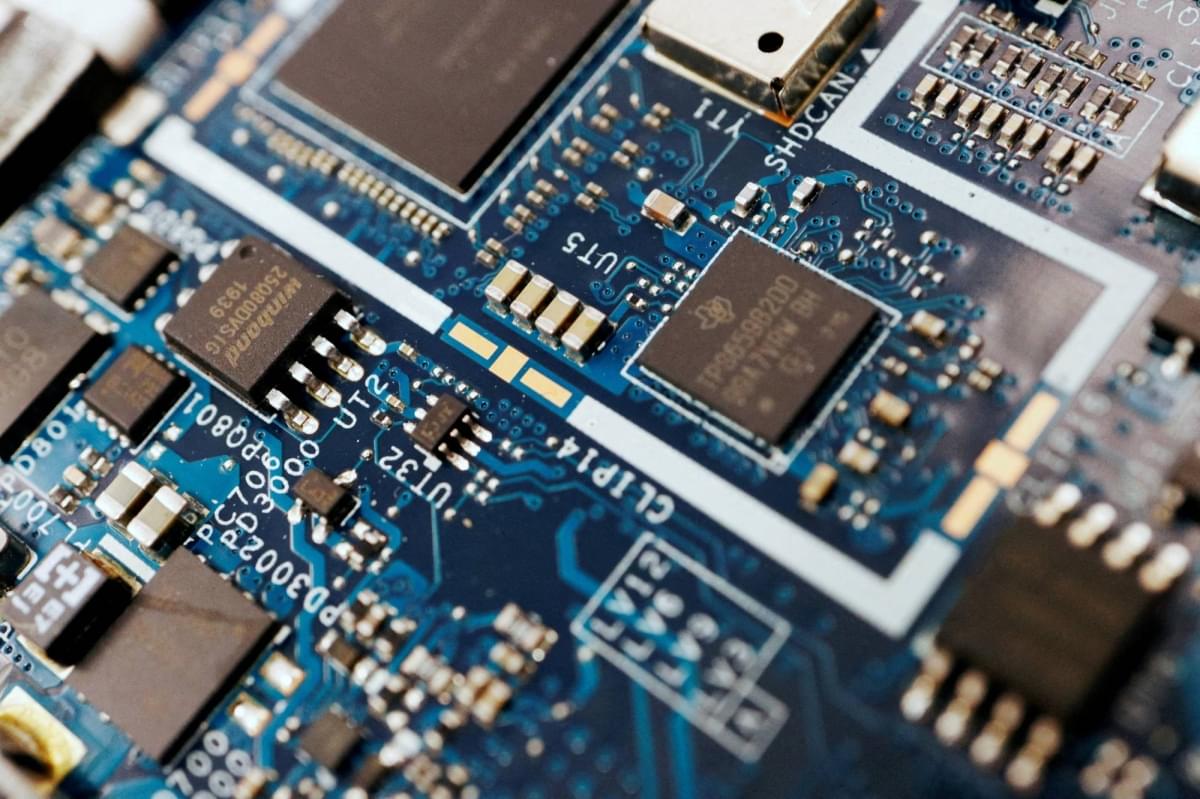
The battle for artificial intelligence supremacy hinges on microchips. But the semiconductor sector that produces them has a dirty secret: It’s a major source of chemicals linked to cancer and other health problems.
Global chip sales surged more than 19% to roughly $628 billion last year, according to the Semiconductor Industry Association, which forecasts double-digit growth again in 2025. That’s adding urgency to reducing the impacts of so-called “forever chemicals” — which are also used to make firefighting foam, nonstick pans, raincoats and other everyday items — as are regulators in the U.S. and Europe who are beginning to enforce pollution limits for municipal water supplies. In response to this growing demand, a wave of startups are offering potential solutions that won’t cut the chemicals out of the supply chain but can destroy them.
Per-and polyfluoroalkyl substances, or PFAS, have been detected in every corner of the planet from rainwater in the Himalayas to whales off the Faroe Islands and in the blood of almost every human tested. Known as forever chemicals because the properties that make them so useful also make them persistent in the environment, scientists have increasingly linked PFAS to health issues including obesity, infertility and cancer.
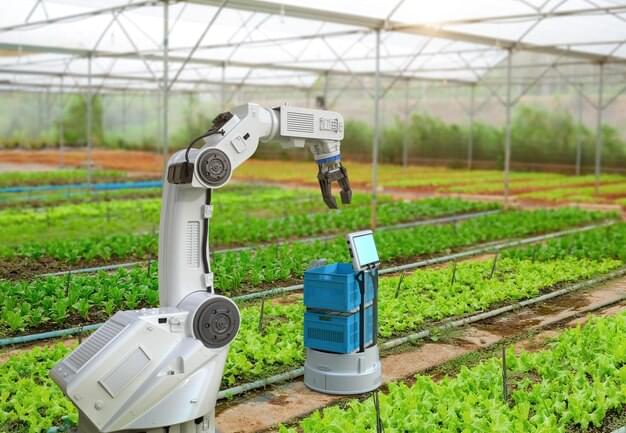
The agricultural sector in South Africa is undergoing a transformation with the introduction of AI-powered harvesting robots. These advanced machines are set to revolutionize farming by increasing efficiency, reducing labor costs, and ensuring better crop yields. With the growing challenges of climate change, labor shortages, and the need for sustainable farming, AI-driven technology is emerging as a critical solution for modern agriculture.
Artificial intelligence has become a vital tool in various industries, and agriculture is no exception. AI-powered robots are designed to perform labor-intensive tasks such as planting, watering, monitoring crop health, and harvesting. These machines utilize machine learning, computer vision, and sensor technology to identify ripe crops, pick them with precision, and minimize waste.
In South Africa, where agricultural labor shortages and rising costs have posed challenges to farmers, AI-driven automation is proving to be a game-changer. With an estimated 8.5% of the country’s workforce employed in agriculture, technological advancements can significantly improve productivity while alleviating labor constraints.

While the number of smokers in the world as a proportion of the population is dropping, lung cancer continues to cause almost 2 million deaths per year – and new research reports on a concerning rise in cases among people who’ve never lit up a cigarette.
The international team behind the research found that rates of lung cancer in this group of people could be tied to increasing levels of pollution and the subsequent damage to health, with east Asia, particularly China, the worst affected.
“As lung cancer is the leading cancer worldwide, a comprehensive understanding of the changing epidemiological patterns and their potential causes is essential,” write the researchers in their published paper.
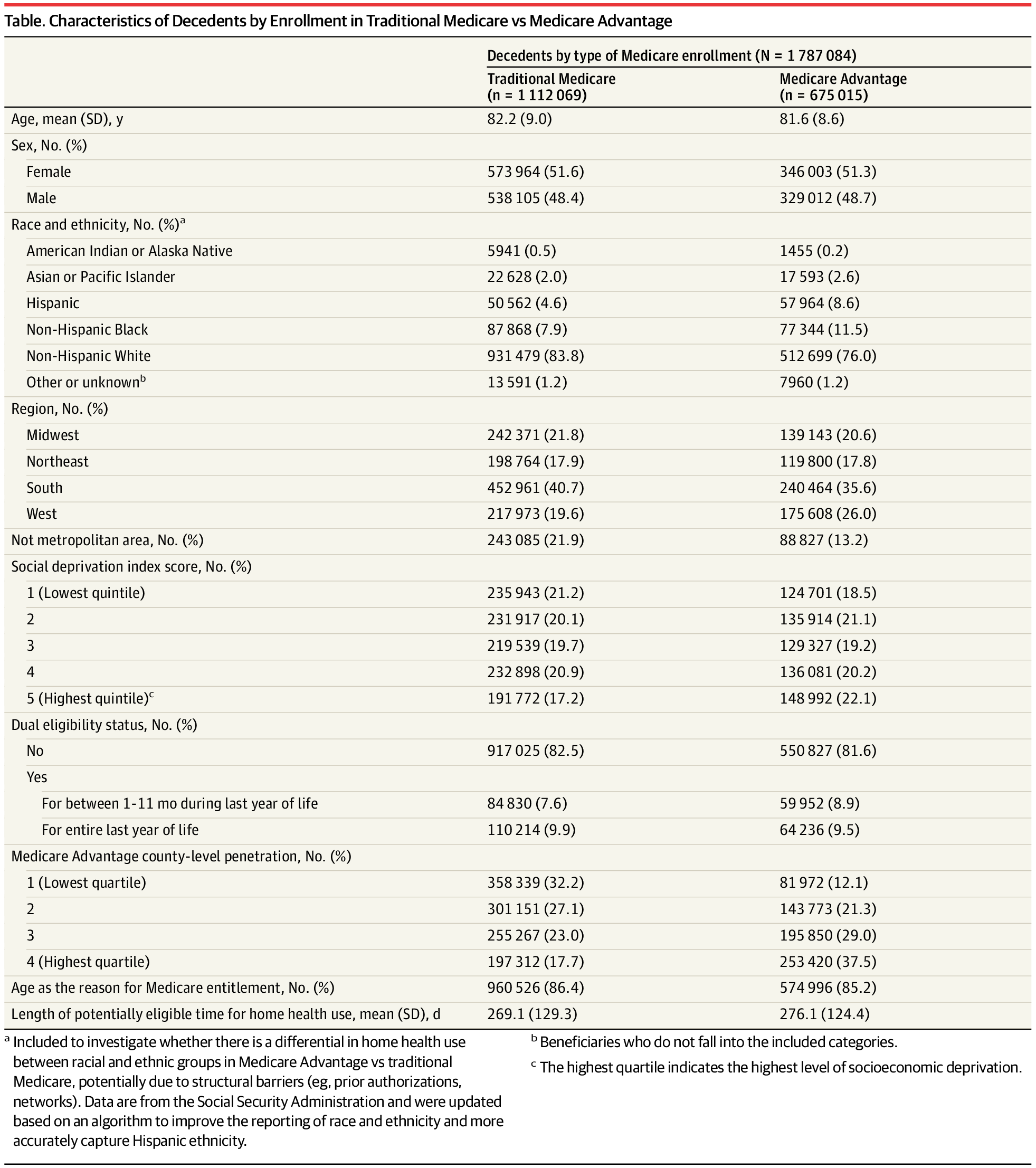
End-of-life home health use and duration were lower in Medicare Advantage vs traditional Medicare for nearly all populations.
Medicare-funded home health provides critical support through nursing, social work, rehabilitation, and aide visits for homebound adults needing skilled care. This support is particularly relevant for Hispanic and non-Hispanic Black older adults who access hospice services at lower rates than White adults.1,2
Enrollees in Medicare Advantage (MA), who are disproportionately from racially or ethnically minoritized communities, are less likely to receive home health and use fewer days of services compared with those in traditional Medicare ™.3,4 This study assessed whether MA enrollment was associated with greater racial and ethnic disparities in home health use during the last year of life compared with TM enrollment.

Simply looking at nature – or even just digital pictures of it – can relieve pain, according to new research which scanned the brains of people receiving electrical shocks.
Nature’s many health benefits have been documented by decades of research.
More than 40 years ago, a pioneering study showed that hospitalized patients needed fewer painkillers and recovered quicker when they looked out of a window onto green space rather than a brick wall.
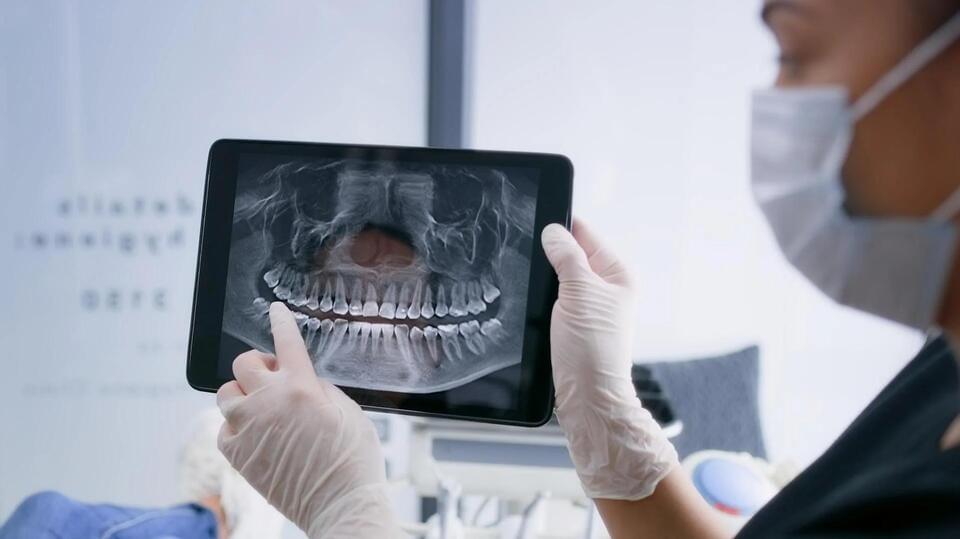
In recent years, research has suggested a connection between oral bacteria and Alzheimer’s disease, raising concerns for those with poor dental health.
With nearly 700 species of bacteria inhabiting the human mouth, experts say maintaining good oral hygiene could benefit both heart and brain health.
There is growing evidence suggesting good oral health could help prevent Alzheimer’s disease. One study in the Journal of Alzheimer’s Disease found that people who flossed regularly had a lower risk of developing Alzheimer’s than those who did not.

A groundbreaking study suggests a simple eye test could pick up on signs if someone is at risk of having a stroke. The research suggests that by analyzing the blood vessels in the retina, it’s possible to forecast an individual’s likelihood of having a stroke.
The retinal vascular network reflects characteristics similar to those found in the brain’s vasculature. Scientists can learn a lot about a person’s overall health by examining factors like the density, curliness, and branching angles of the veins and arteries in the eye.
In an extensive study involving over 45,000 participants from the UK Biobank, researchers analyzed eye images and followed the subjects for an average of 13 years, during which 749 suffered a stroke, reports Daily Express UK.